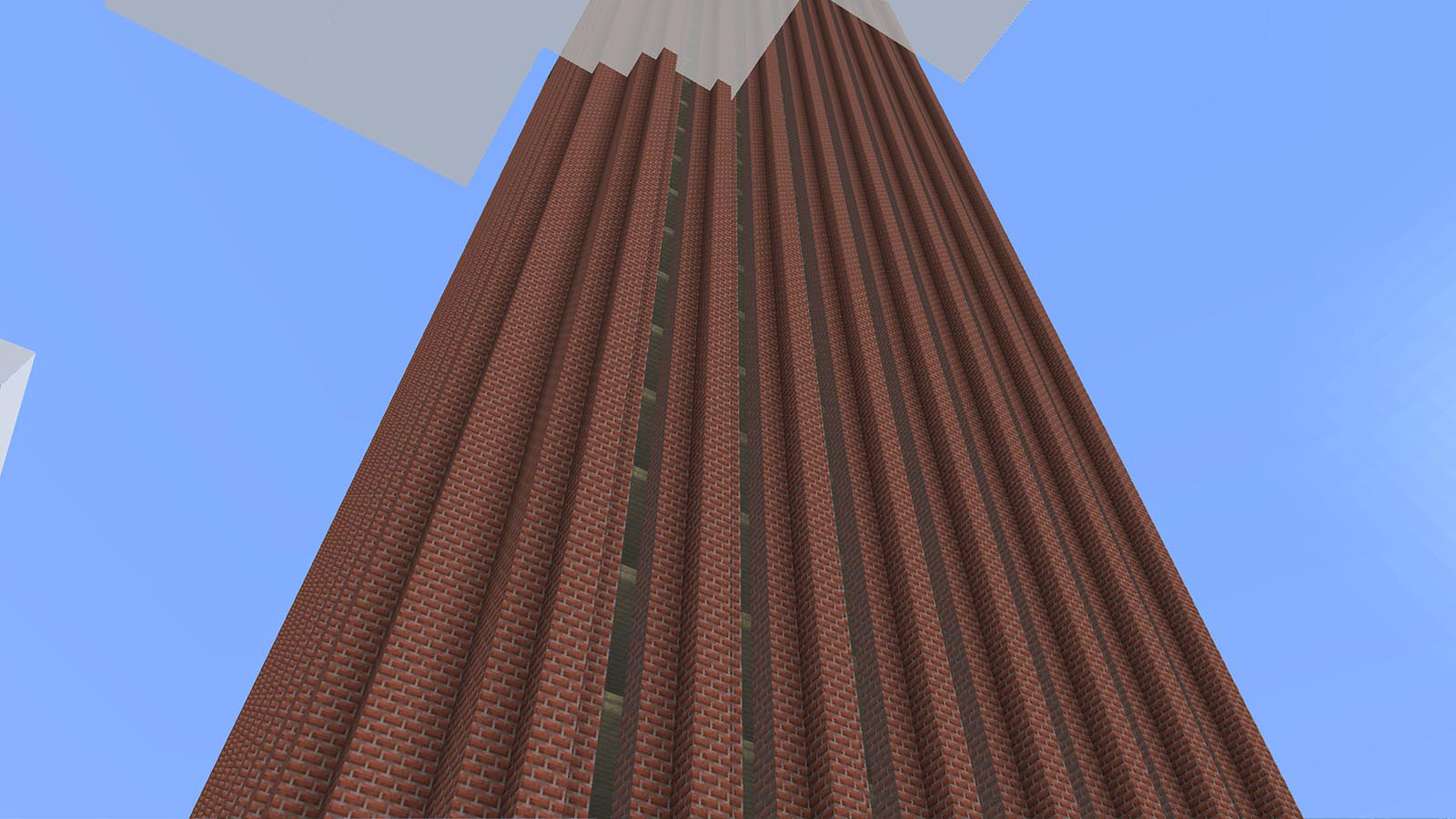
UMass Amherst Research Computing & Data (RCD) supports the university’s research community by providing advanced computing infrastructure, data management services, and expert consultation.
The office manages the university's central HPC environment, which includes hundreds of compute nodes and thousands of CPU cores, designed to handle the demands of large-scale, data-intensive research. RCD also provides support for specialized computing needs, such as access to GPU computing for parallel processing and AI applications. The Unity Cluster is a collaborative research computing environment supported by an interdisciplinary and multi-institutional staff of research scientists, staff and student facilitators, and systems administrators. The Unity cluster includes over 23,000 compute cores, over 1,000 GPUs, and stores 5 PB of research data. Unity serves over 2,000 users across over 450 research groups. Unity researchers use over 100 million core-hours and 4 million GPU-hours annually.
In addition to technical resources, RCD provides hands-on training, workshops, and consultation services to help researchers develop skills in scientific programming, data management, and the effective use of computational tools. The group works closely with faculty and research teams to optimize their workflows, providing tailored solutions that enhance productivity and research outcomes.
RCD is also responsible for ensuring that research data is stored and managed securely, meeting compliance requirements for sensitive data. Through these services, UMass Amherst RCD empowers researchers to advance discovery, innovation, and scholarship across diverse academic disciplines.